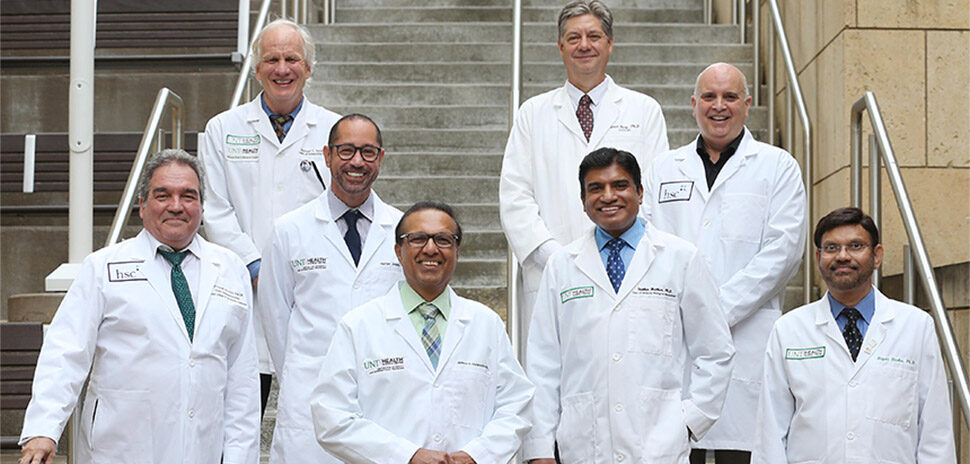UT Southwestern Medical Center racked up more funding to further cancer research and attract new researchers.
The Dallas medical center recently received $5.8 million from the Cancer Prevention and Research Institute of Texas which will help it progress studies on melanoma, the life cycle of cancer cells, pediatric cancer, and nuclear export signals in proteins.
The funding also includes $2 million in recruitment grants to help UT Southwestern bring in more researchers. To date, UT Southwestern has signed on 34 researchers using CPRIT funds.
UT Southwestern has received $337 million in CPRIT funding since the organization began giving grants in 2009.
Delivering what’s new and next in Dallas-Fort Worth innovation, every day. Get the Dallas Innovates e-newsletter.




























